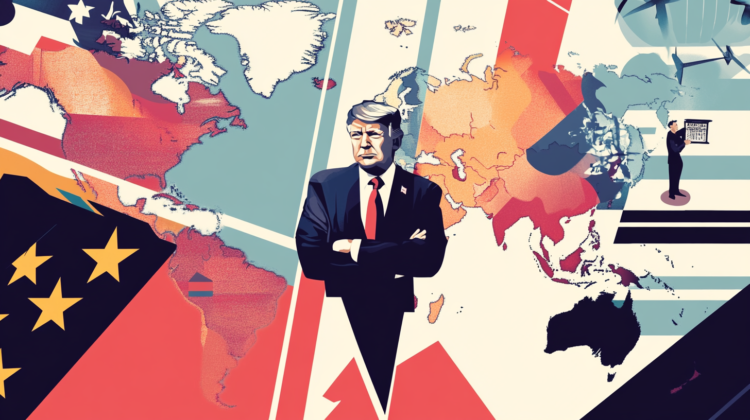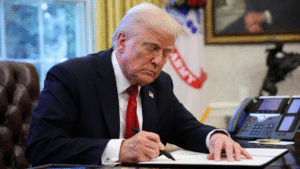Tech Tug-of-War: How the U.S.-Russia Tech Rivalry Is Shaping Global Influence
The balance of global power is no longer defined solely by military or economic strength—it’s increasingly shaped by technological dominance. Nowhere is this shift more evident than in the growing U.S.-Russia tech rivalry. From cybersecurity skirmishes to AI-powered defense tools and digital propaganda wars, technology has become the new battleground for influence between the two world powers.
As both nations invest heavily in emerging technologies, the stakes extend far beyond borders. The rivalry is shaping everything from global defense alliances to the integrity of democratic elections and the evolution of international cyber law. In this article, we’ll explore how this tech-fueled competition is impacting diplomacy, security, and the broader global order.
Cybersecurity: The Silent Cold War
One of the most active fronts in the U.S.-Russia tech rivalry is cyberspace. Accusations of Russian-backed cyberattacks on U.S. infrastructure and democratic institutions have become a recurring issue over the past decade.
Notable incidents include:
- The 2016 U.S. election interference, allegedly coordinated by Russian intelligence groups (source)
- The SolarWinds cyberattack in 2020, which affected U.S. federal agencies (source)
In response, the U.S. has ramped up its cyber defense systems and launched diplomatic efforts to set norms for behavior in cyberspace. Russia, meanwhile, has doubled down on its doctrine of “digital sovereignty,” aiming to tighten control over its domestic internet and push back against U.S.-based tech influence.
AI and Military Modernization
Both Russia and the U.S. are pouring resources into developing military applications of AI and robotics. While the U.S. has an edge in defense tech startups and partnerships with private firms like Palantir and Lockheed Martin, Russia has focused on centralized, state-run AI projects through its military-industrial complex.
Russia’s Ministry of Defense has prioritized autonomous weapons systems, electronic warfare tools, and battlefield robotics—seen in the development of the Uran-9 unmanned combat vehicle. Meanwhile, the U.S. Defense Advanced Research Projects Agency (DARPA) is investing in AI for predictive defense, cyber resilience, and unmanned systems.
The two nations have clashed over the lack of global regulation in autonomous warfare, sparking calls at the UN to ban “killer robots”—a conversation that remains ongoing with no international consensus in sight.
Digital Propaganda and Influence Campaigns
The battlefield isn’t just physical—it’s psychological. Both nations have increasingly used technology to shape global narratives. Russian state-backed media outlets and bot networks are known to target Western populations with disinformation campaigns, especially during elections and international crises.
Conversely, the U.S. uses its tech platforms and diplomatic resources to promote democratic values, free speech, and open internet access, often clashing with Russia’s controlled information ecosystems.
This digital arms race over public opinion has been dubbed a “war of narratives,” where winning hearts and minds may prove more powerful than any traditional military strike.
Diplomacy in the Digital Age
The U.S. and Russia are now using digital tools to engage in new forms of diplomacy. Virtual summits, cyber dialogues, and cross-border data policy negotiations have become more frequent—yet fraught with tension.
For instance, the Biden-Putin summit in 2021 included discussions on cybersecurity cooperation, but yielded limited results. Both sides agreed on the importance of digital communication but failed to resolve fundamental disagreements over cyber boundaries and accountability.
Still, these talks highlight how tech has become a diplomatic lever—one that can either build bridges or deepen divides depending on how it’s used.
Conclusion
The U.S.-Russia tech rivalry is far more than a clash of innovation—it’s a contest over values, influence, and the future of global governance. As both nations continue to shape the rules of digital engagement, the rest of the world watches closely, knowing the outcomes will impact international law, conflict prevention, and technological ethics for decades to come.
In a world where power is increasingly digital, diplomacy must evolve just as fast. Understanding this rivalry isn’t just about geopolitics—it’s about how technology defines the modern era.
Sources:





Post Comment